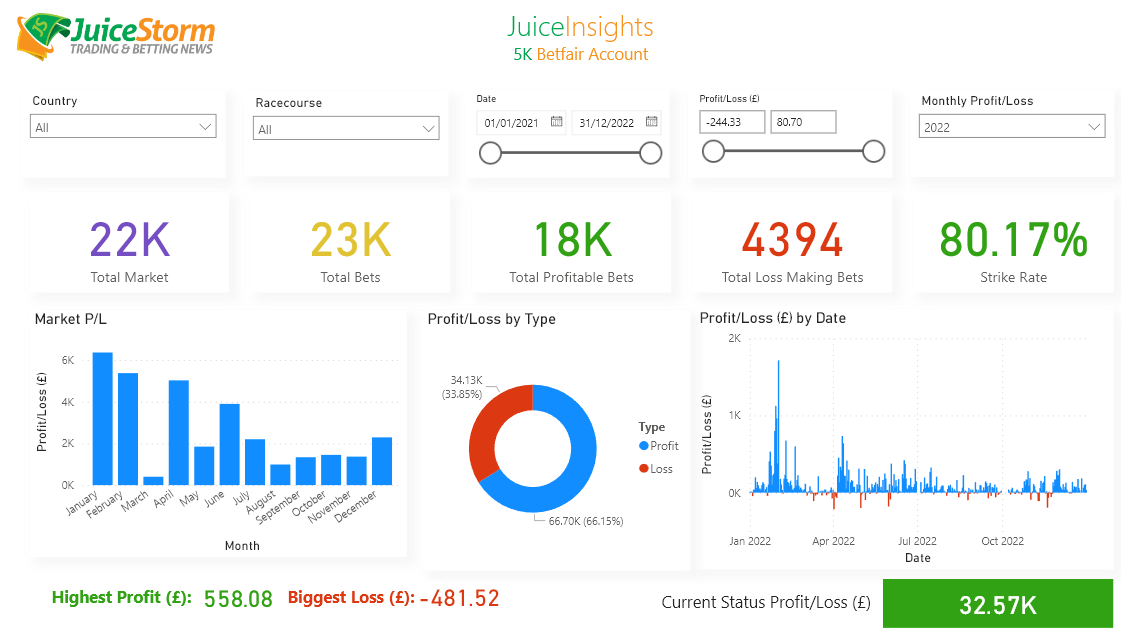Ethereum Unveils Shiny New Testnet, What Does It Do
Ethereum developers have announced the launch of a new testnet for the Ethereum blockchain. The testnet is expected to be a superior version of the Goerli Testnet, one of Ethereum’s primary testnets, and take its place following its upcoming deprecation and shutdown.
Ethereum Releases Holesky Testnet
Ethereum, the world’s largest blockchain by TVL and the second-largest cryptocurrency by market capitalization has marked a significant step in its evolution with the latest development in the crypto space.
On Friday, September 15, developers announced the official deployment of a new testnet, Holesky on the Ethereum Mainnet. The Ambassador Manager of Kols Network, Amy Kols described the key features and details of the newly released Holesky testnet in an X (formerly Twitter) post on September 14.
Kols explained that the reason for the deployment of the Holesky testnet was to take over the Goerli testnet which faced supply issues. She revealed that the Holesky network will be used for testing complex upgrades and infrastructure and will continue running and be supported by the network until 2028.
The Holesky testnet provides a strong and secure platform for Ethereum developers and validators to test new features and upgrades. The newly released testnet is said to have a stronger ability to handle testing requirements than the Goerli testnet.
Validators for the testnet will also be supplied with 1.6 billion Holesky Ether (HETH) to kickstart the testnet into operation. The number of HETH is a staggering sum and 10 times larger than the amount of Ether (ETH) present on the Ethereum mainnet and the Goerli testnet.
Developers have stated that a large supply of HETH to validators will help the testnet have higher testing capabilities, allowing it to be more scalable, and have better staking capabilities, infrastructure, and protocol development.
The launch of the Holesky testnet currently coincides with the anniversary of Ethereum’s Merge, when it transitioned from a Proof of Work (PoW) network to a Proof of Stake (PoS) network.
Holesky Will Takeover Goerli
Ethereum’s Goerli testnet was initially introduced in 2018 and was one of Ethereum’s prominent testnets. Between 2017 and 2022, the developers deployed multiple testnets, including the Sepolia testnet which is presently still active, as well as the Ropsten and Rinkeby testnets, both of which were deprecated and shut down on October 5, 2022.
Reports have revealed that the Holesky testnet will replace Goerli after it is deprecated and set to shut down in 2024. The Holesky testnet has been developed to be more efficient than the Goerli testnet due to its higher HETH supply which overcomes Goerli’s failure to supply an adequate amount of Goerli ETH to handle testing demands.
After Goerli has been deprecated, the Ethereum network will have only two active testnets, Holesky and Sepolia. Both testnets will be supported and used to improve developments and innovations in the ecosystem.





